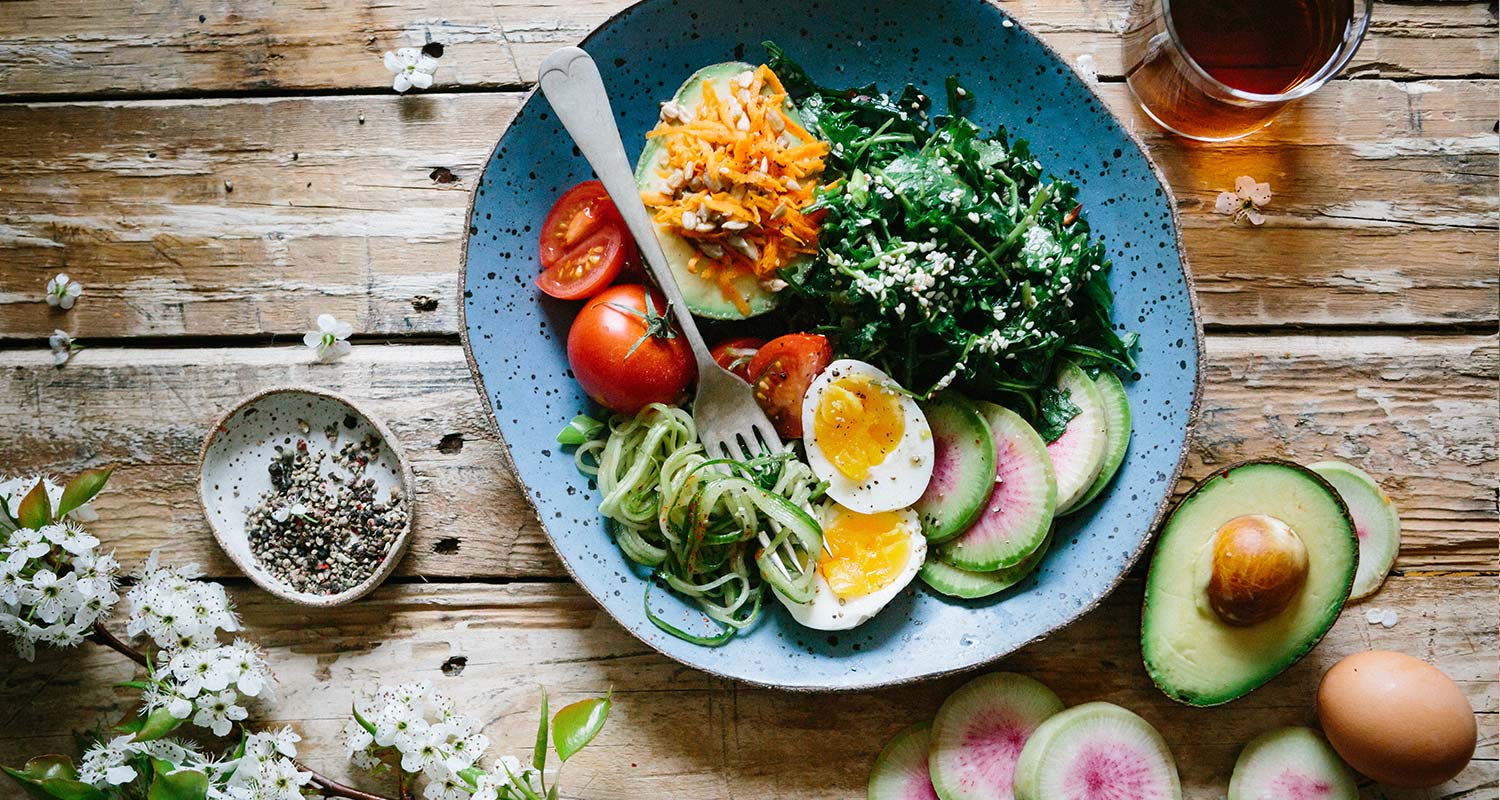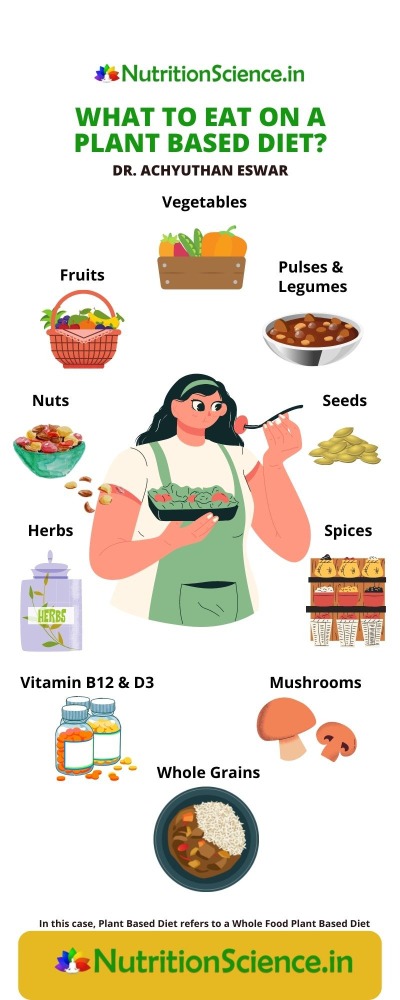
A vegan ketosis food list breaks down foods into macronutrients. Nuts, seeds, and other foods are rich in protein and fat. Avoid packaged foods high in added sugars. Vitamins, minerals, fiber, and vitamins can be found in fruits and vegetables. Avoid processed oils and grains.
Fruits
When following a vegan ketosis diet, it is crucial to eat plenty of fruits. This is because fat will account for the majority calories in your daily meals. Vegans need to be cautious not to eat too much fat, particularly trans fats. They should focus on foods high in monounsaturated oil, as this has been linked to lower cardiovascular disease risk. They should also avoid high-processed foods, as they may contain sugar or starches.
Choose fruits that are low in sugar when adding them to your diet. They are usually included on vegan ketosis food lists. You can also choose to add sweetened mushrooms to your diet if you wish. High-protein vegetables, such as avocados, can be eaten. To make the vegan ketosis diet work, you need to carefully calculate your macronutrient intake. You should also consult a doctor to make sure you have reached the right level of ketosis.

Petroleum products
The keto diet is not without its key components, including fat. A keto diet is a good way to get enough fat. It helps your body use fat for energy. Omega-3s and omega-6s are healthy fats that support brain and nerve function. They also reduce the risk of Type 2 diabetics, heart disease, and Alzheimer’s disease. These fats can easily be replaced by a few grams of carbs.
To enter ketosis you need to eat high-fat foods from plants. You should avoid dairy, eggs, or cheese products. While a vegan diet can have low carbs but high fat, it could also include added sugars as well as processed oils.
Industrial seed oils contain a lot of omega-6 and can cause inflammation. Avoid industrial oil if you are on a vegan ketosis. Instead, use extra virgin olive oil, which comes from the first pressing of the olives. Avocado oil, another healthy oil, is also a great option.
Processed grains
You can cut out processed grains from your vegan ketosis food list by choosing a low-carb alternative. Many low-carb options exist, but many may contain high levels of fiber or sugar. The key is to keep your net carbs below 20 grams per day. It can be challenging to find whole foods with healthy fats, but it is not impossible.

Goitrogens are high in soy-based products, which can adversely affect thyroid function. Avoid soy-related symptoms by limiting your intake. These symptoms include weight gain, fatigue, dry skin, and unexplained weight loss. Tempeh, a firmer tofu alternative, is an excellent choice. Its taste is very similar to meat. It is a good replacement for ground beef or fish.
High-carb legumes and beans are another option. Beans and legumes are high in fiber and protein. These foods can be eaten in small amounts. These foods are best avoided if they contain high amounts of fat.
FAQ
What should I be eating?
Eat lots of fruits and vegetables. They are rich in vitamins, minerals, and help to strengthen your immune system. Additionally, vegetables and fruits are high fiber. This helps to fill up and aids in digestion. You should eat at least five servings per day of fruits and vegetables.
You should also drink lots of water. Water helps flush toxins out of your body and makes you feel fuller between meals. Drink about eight glasses each day.
Refined grains should be replaced with whole grains. Whole grains have all their nutrients intact, including B vitamins, iron, zinc, magnesium, calcium, and protein. Refined grains have been stripped of some of their nutrition.
Avoid sugary drinks. Sugary drinks can be a source of empty calories, which can lead to obesity. Instead, drink water, milk, or unsweetened Tea.
Avoid fast food. Fast food has very little nutritional value. While it might taste good, it won't give your body the energy it needs to function properly. Avoid soups, sandwiches and other unhealthy options.
Limit your alcohol consumption. You should limit your alcohol intake as it contains empty calories and can lead to poor nutrition. Limit your intake to two alcoholic drinks per week.
Reduce your consumption of red meat. Red meats have high levels of cholesterol and saturated fat. Lean cuts of beef or pork, lamb and chicken, as well as fish and turkey, are better choices.
How often should you exercise?
A healthy lifestyle requires regular exercise. But, you don't need to spend a specific amount of time exercising. The key is finding something you enjoy and stick with it.
You should aim to do 20-30 minutes of moderate intensity exercise three times per week. Moderate intensity means you'll be breathing hard long after you're done. This type works out burns around 300 calories.
For those who prefer to walk, you can go for 10-minute walks four times a week. Walking is low-impact, easy on the joints, and it's very gentle.
Jogging for 15 minutes three days a week is a good option if you prefer to run. Running is a great exercise to build muscle tone and burn excess calories.
Start slow if it's your first time exercising. Begin with 5 minutes of cardio every other day. Gradually increase your cardio duration until reaching your goal.
Why is it important to live a healthy life?
Healthy living can lead to a longer and happier life. A healthy lifestyle, regular exercise and good sleep habits will prevent the development of diseases such as stroke, diabetes and heart disease.
By living a healthy lifestyle, we can improve our mental health. It will make us more resilient to everyday stress. A healthy lifestyle will help you feel more confident and younger.
What are 10 healthy lifestyle habits?
-
Get breakfast every morning.
-
Don't skip meals.
-
Eat a balanced, healthy diet.
-
Drink plenty of water
-
Take care your body.
-
Get enough rest.
-
Stay away from junk food.
-
Daily exercise
-
Have fun
-
Make new friends
Statistics
- WHO recommends consuming less than 5% of total energy intake for additional health benefits. (who.int)
- The Dietary Guidelines for Americans recommend keeping added sugar intake below 10% of your daily calorie intake, while the World Health Organization recommends slashing added sugars to 5% or less of your daily calories for optimal health (59Trusted (healthline.com)
- Extra virgin olive oil may benefit heart health, as people who consume it have a lower risk for dying from heart attacks and strokes according to some evidence (57Trusted Source (healthline.com)
- In both adults and children, the intake of free sugars should be reduced to less than 10% of total energy intake. (who.int)
External Links
How To
27 Steps to achieve a healthy lifestyle when your family only buys junk food
Cooking at home is the best way to eat well. However, many people are not skilled in preparing healthy meals. This article will give you some tips on how to make healthier choices when eating out.
-
Choose restaurants that offer healthy options.
-
Before ordering meat dishes, order salads and other vegetables.
-
Ask for sauces that aren't sweetened.
-
Avoid fried items.
-
Grilled meats are better than fried.
-
Do not order dessert unless you really need it.
-
You must ensure that you have something more to eat after your dinner.
-
Always eat slowly and chew your food thoroughly.
-
Take plenty of water with your meals.
-
Don't skip breakfast and lunch.
-
Take fruit and vegetables along with every meal.
-
Choose milk over soda
-
Sugary drinks should be avoided.
-
Limit salt intake in your diet.
-
Limit the amount of time you eat at fast food restaurants.
-
Ask someone to come along if you are unable to resist temptation.
-
Do not let your kids watch too much TV.
-
Keep the television off during meals.
-
Avoid energy drinks
-
Take regular breaks from the office.
-
Get up early in the morning and exercise.
-
Do some exercise every day.
-
Start small and build up gradually.
-
Set realistic goals.
-
Be patient.
-
Even if you don’t feel like exercising, make time for it.
-
Positive thinking is key.